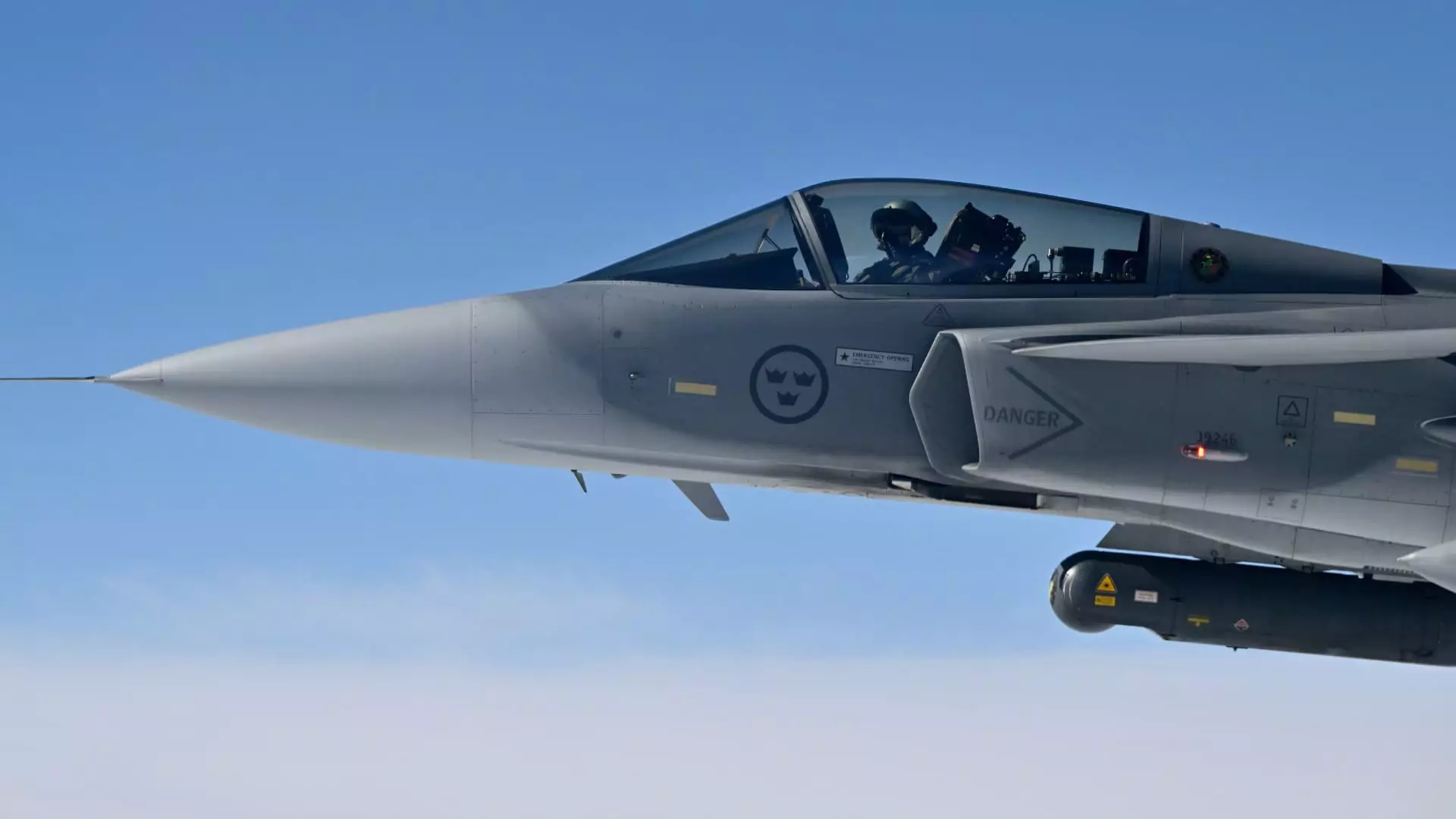The recent surge in Saab’s stock—and by extension, the European defense sector—appears to paint a picture of growth and patriotism. However, beneath this optimistic veneer lies a troubling shift toward increased militarization that could threaten long-term stability. While it’s undeniable that European nations are investing more in defense, this strategic pivot risks exacerbating tensions rather than fostering genuine security. It’s a moment that demands a critical examination of whether deeper reliance on military hardware actually addresses the root causes of instability or simply fuels an arms race that pushes diplomacy and cooperation aside.
The Illusion of Security in Massive Spending
The European Commission’s ambitious plan to allocate trillions of euros toward defense—combined with NATO’s commitment to boost member nations’ defense budgets—is a clear sign of mounting anxiety in the face of geopolitical uncertainties. But throwing money at military projects isn’t necessarily the key to security; often, it results in inflated expectations that militarization can solve diplomatic conflicts. The kind of enormous spending that fuels agencies like Saab may temporarily boost stock prices and corporate profits but risks neglecting the importance of diplomacy, human rights, and international cooperation. There’s a danger that increased defense budgets will deepen mistrust among nations by perpetuating the perception that conflicts are best handled through force rather than dialogue.
The Economic Motivations and Ethical Dilemmas
It’s impossible to ignore that the defense industry has economic incentives that sometimes override broader societal interests. Saab’s dramatic growth, fueled by regional defense initiatives, highlights the interconnectedness of security policies and corporate profits. This raises ethical questions: Are European countries genuinely beefing up their defenses for the collective good, or are they caught in a cycle of militaristic nationalism driven by industrial interests? The push for increased spending not only contributes to a global arms race but also shifts resources away from pressing domestic issues such as social welfare, climate action, and public health.
Why the Focus Should Be on Diplomacy, Not Domination
Building secure societies requires more than just military might; it demands a commitment to multilateralism, dialogue, and mutual understanding. The current trend of ramping up defense budgets risks diverting attention from these foundational principles. The European Union’s focus on “rearmament” might momentarily bolster defense contractors like Saab but ultimately fosters a climate of suspicion and hostility. As a supporter of center-wing liberal values, I believe true security arises from cooperation and human-centered diplomacy, not arms accumulation. Elevated defense spending may sound reassuring on paper, but without addressing the underlying political and social tensions, it’s simply increasing the machinery of conflict—an expensive and ultimately ineffective way to achieve peace.

